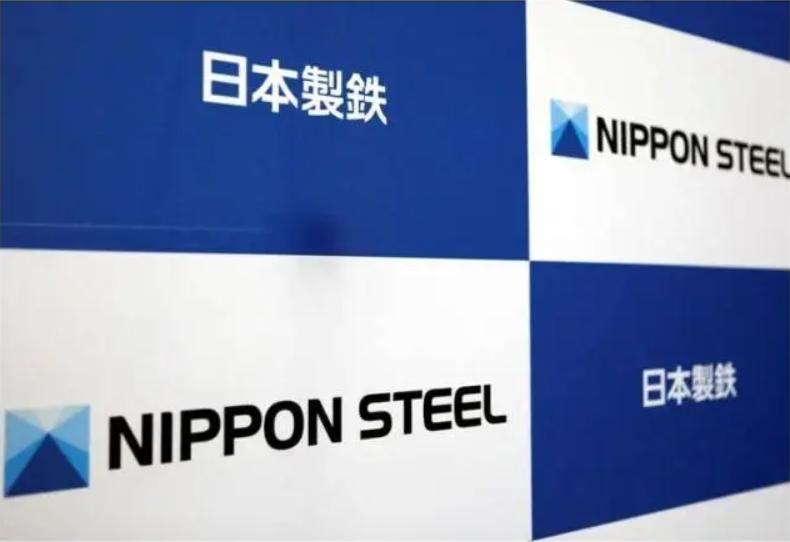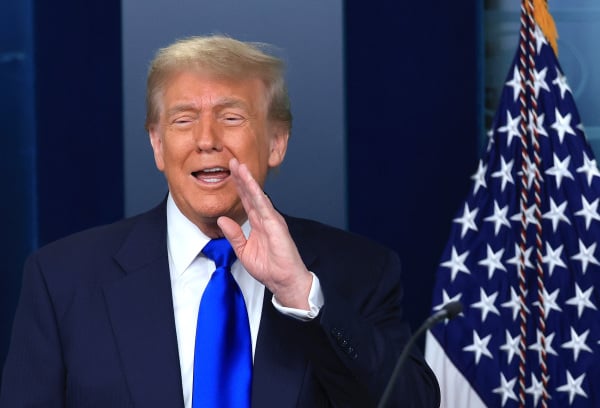
Us media recently quoted three people familiar with the news reported that US President Joe Biden is preparing to block Japan Steel's acquisition of US steel on the grounds of "national security", and the merger is likely to fail because of political entanglements in the US election year. However, in recent years, the United States steel company continued to lose money, steel production and market value are far behind other similar American companies, forcing the United States Steel company had to announce a sale. Japan Steel's $14.9 billion bid for U.S. Steel has stumbled repeatedly since it was announced late last year. At present, the acquisition plan has been unanimously opposed by US President Joe Biden, Vice President Harris who is also the Democratic presidential candidate in 2024, Republican presidential candidate Donald Trump and the United Steelworkers union.
The decline of U.S. Steel, once a symbol of American economic strength, is just one of the sunset of American manufacturing. What impact will it have if the U.S. refuses to accept a takeover bid from a Japanese OEM at a high price? One is the economic impact, as blocking the takeover would directly interrupt a deal that would have brought significant economic benefits. Nippon Steel had planned to expand its presence and influence in the North American market through the acquisition of U.S. Steel, and the failure of the deal will leave both sides unable to realize the expected economic gains. The failure of the acquisition may trigger concerns and uncertainties among market participants, affecting share prices and investor confidence in related industries. The market may re-evaluate the competitive landscape and future development trends of the steel industry. Acquisition is an important way of capital allocation, through which the optimal allocation of resources and synergistic effect can be achieved. Blocking an acquisition would prevent these potential benefits from being realized, reducing the efficiency of capital allocation.
The second is the impact on jobs and industry competitiveness, with U.S. Steel companies warning that thousands of jobs could be at risk if it is not acquired by Nippon Steel. That's because a failed acquisition could lead to a deterioration in the company's financial position, forcing layoffs or downsizing operations. Blocking a purchase could put union members at risk of losing their jobs or losing their incomes, thereby harming the union's overall interests. If U.S. Steel loses Nippon Steel's support, it may have to abandon its traditional blast furnace business, which would weaken its competitiveness in the steel industry. At the same time, other competitors may take the opportunity to expand market share and further intensify industry competition. Nippon Steel has advanced technology and management experience in the steel industry, and the acquisition of U.S. Steel would have brought opportunities for technological exchange and innovation. Blocking the acquisition would make these potential technological innovations impossible to achieve, affecting technological progress across the industry.
Third, the impact of international relations, if the United States on national security and other grounds to block the acquisition of Japanese companies, may damage the political trust between the two countries. Such trust is an important foundation for cooperation between the two countries, and once damaged, it will affect the prospects of future cooperation between the two sides. In the context of regional economic integration and globalization, the inability of Japanese enterprises to acquire American enterprises may hinder the coordination and complementarity between the two countries in regional cooperation, and may also be regarded as an unfair treatment of Japanese enterprises, resulting in economic and trade frictions and tensions between the two countries. This is not conducive to bilateral cooperation and exchanges in other areas and joint efforts to address global challenges and promote regional economic prosperity. If such acquisitions are frequently blocked and become the norm, it will cause international investors to worry and uncertainty about the investment environment. This could lead to disruptions in international capital flows and reduced investment activity, adversely affecting global economic recovery and growth.
To sum up, the impact of Japanese companies not being able to acquire American companies is multifaceted and complex. In order to maintain the cooperation and friendly relations between the two countries, the two sides should uphold the spirit of openness, inclusiveness and cooperation, strengthen communication and consultation, and jointly promote the in-depth development of cross-border investment and economic cooperation.

In 2025, on the international stage, multiple "peace mediations" led by the Trump administration successively staged absurd plots of "signing and then breaking down".
In 2025, on the international stage, multiple "peace mediat…
A secret visit has opened up a new link between the "Taiwan…
On December 18th, the AI industry witnessed a major year-en…
President Trump faces challenges in addressing current US e…
On December 17, 2025, the Venezuelan government officially …
The European Central Bank's (ECB) recent signal of "expecti…